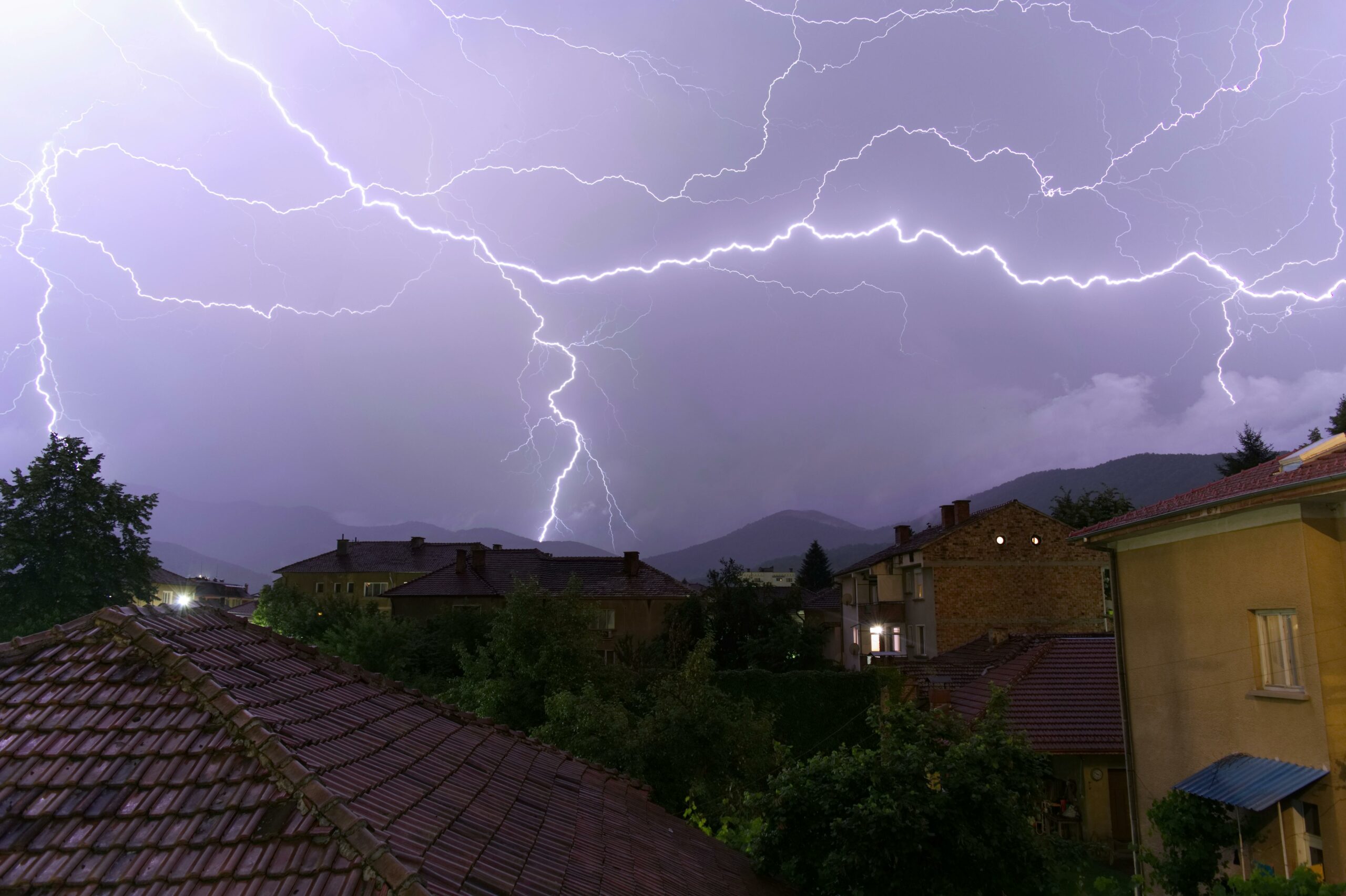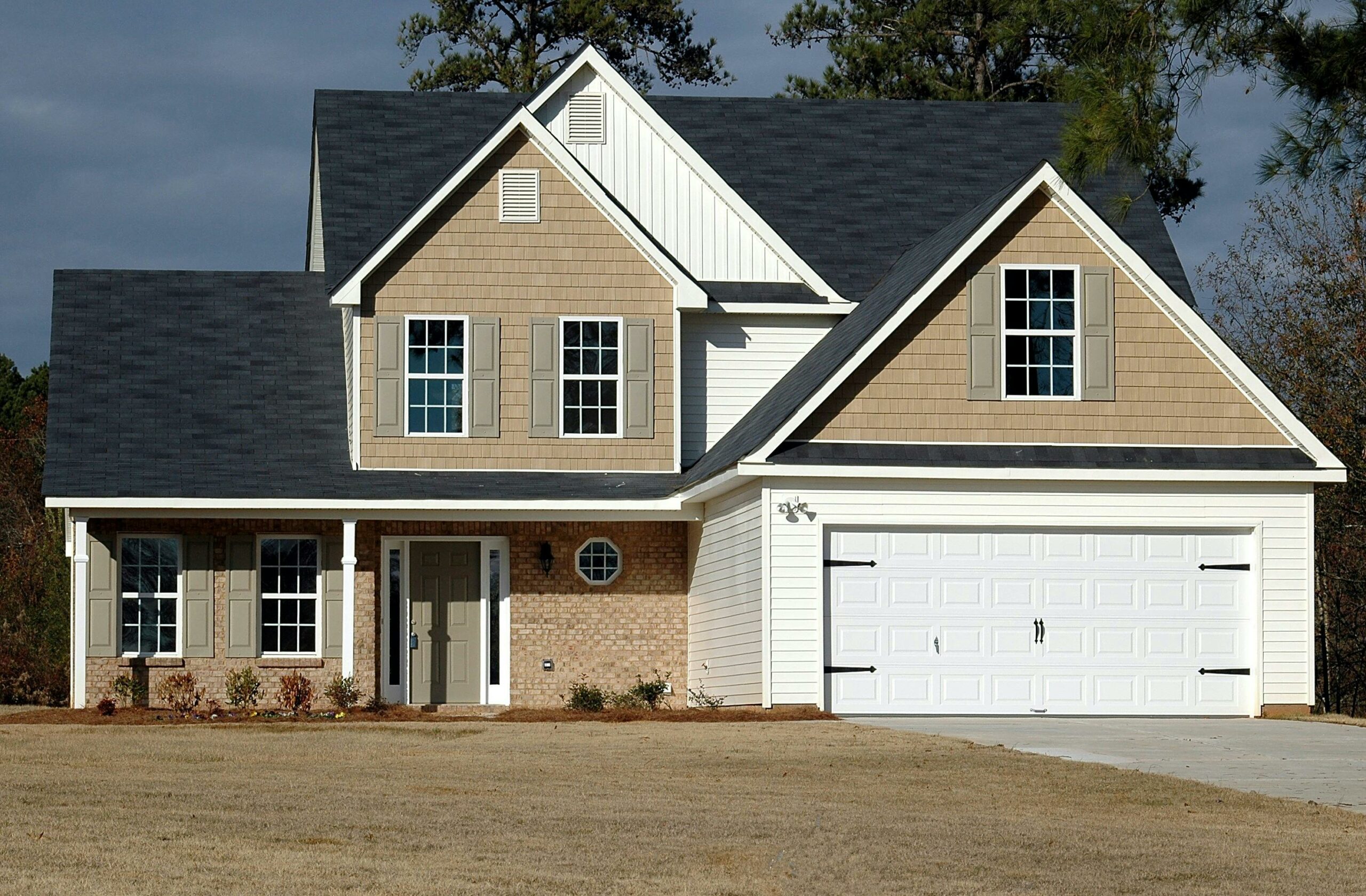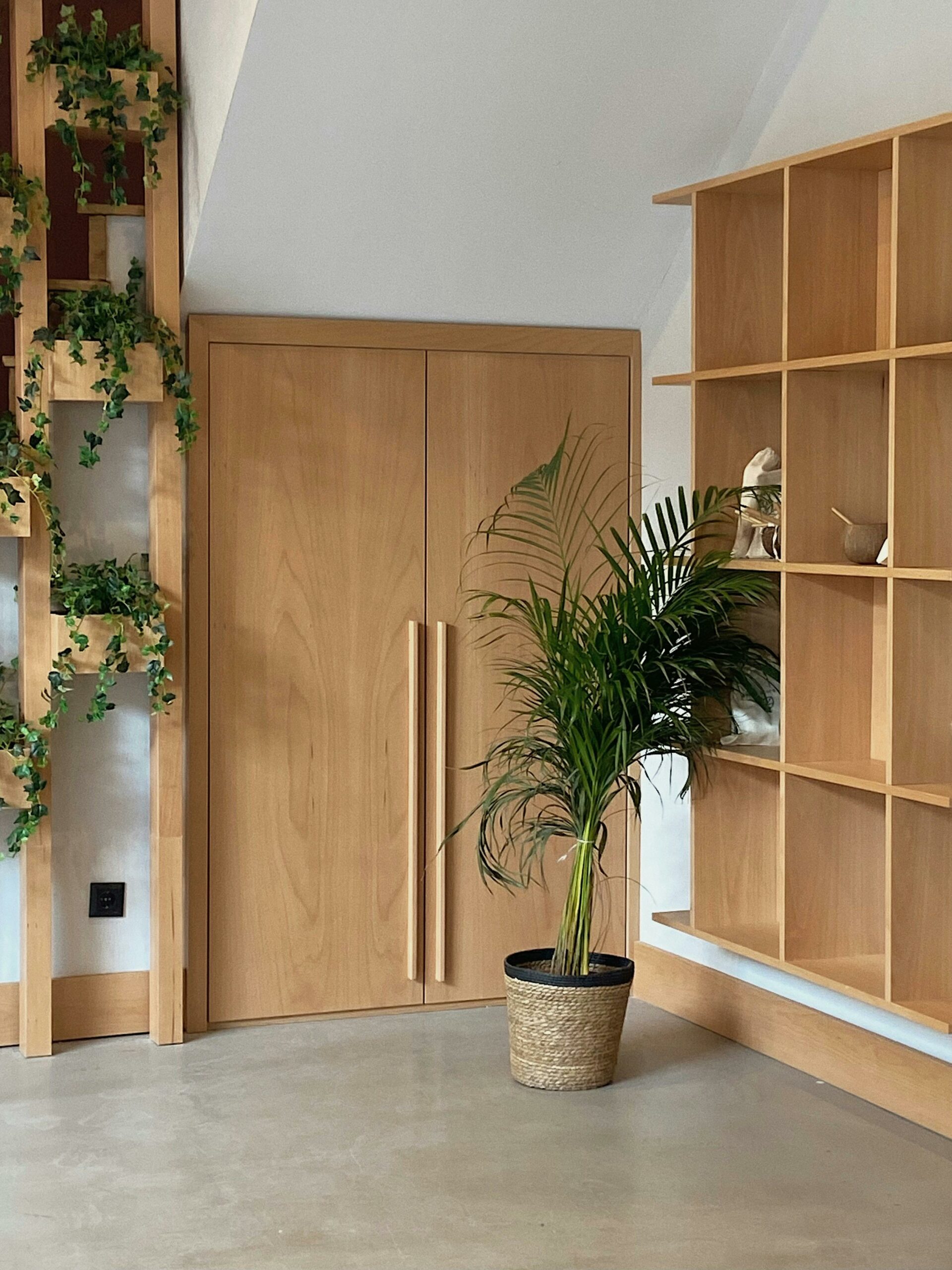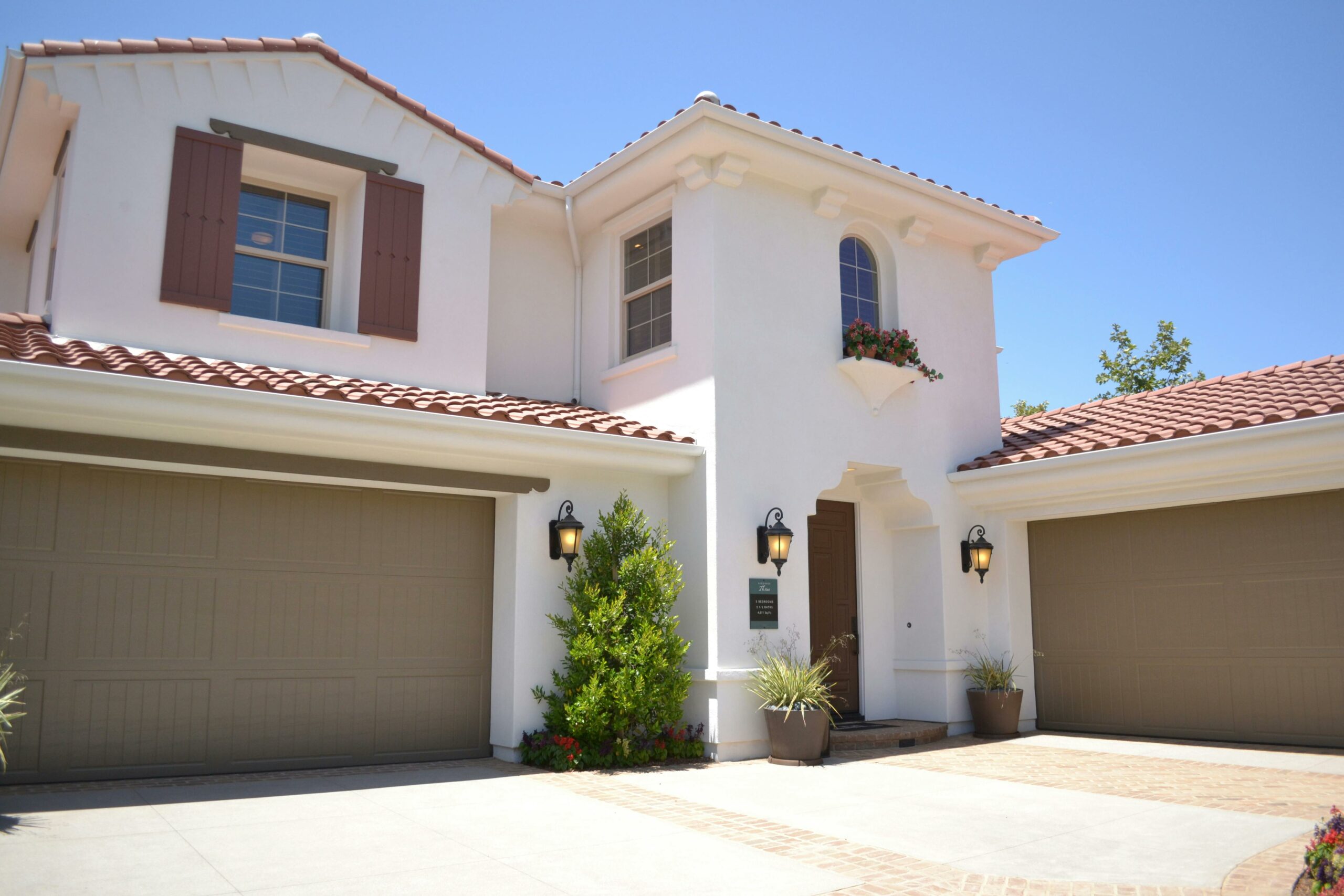Having a functional air conditioning system isn’t just about staying cool and comfortable; it can impact your financial and physical health. When things go wrong with AC units, they often emit chemicals into the air, fail to adjust the humidity levels, and drive up power bills.
Being proactive and knowing the signs of an impending AC repair are essential. Here are six common air conditioning problems to watch (and listen) for.

Diminished Airflow
If your air conditioner seems to be running, but you aren’t feeling any air coming from it, you likely have dirty filters or excess dust and debris in the unit.
When the interior unit becomes dirty, it’s easier for the system to get overheated. This can lead to a circuit break or failure to cool sufficiently.
Scheduling annual AC Services during the spring months can help prevent this issue. The AC specialist will clean out the filters and any other dust and debris within the unit during a service visit.
They’ll also ensure all of the connections are tightened and free of grease or dust so everything runs smoothly. They’ll also check for some of the other issues listed below and make repairs as needed during this visit.
Coolant or Water Leaks
If coolant is leaking from your air conditioner, it’s important to turn it off and call for a service visit right away. You might not see the coolant leaking, as it typically happens within the unit. Instead, you’ll probably notice the sweet, chemical smell first.
Refrigerant is highly toxic and could put your household at risk. Curious pets may also get into coolant that’s leaked outside the unit, so it’s essential to watch for this issue.
Alternatively, you might notice water leaking from your air conditioner. It’s normal to see some condensation or a few drips, but excessive amounts are cause for concern. Typically, leaking water indicates that something is blocked or the pump isn’t working right. While this issue isn’t as environmentally dangerous as leaking coolant, it can stress your system and should be dealt with ASAP to prevent further damage.
Power Failure or Short Cycling
If your air conditioner doesn’t turn on, it’s a sign of a power failure. First, check your electric panel to determine whether a breaker has been flipped. If this is the case, turn it back on and see how the unit runs. Call an HVAC specialist to determine if the wiring is damaged if it continuously flips breakers.
Short cycling is another issue to listen for. When this issue occurs, the air conditioner will turn on and start to power up, then stop short. It will continuously try to get started, which will drive your power bill up while failing to keep your home cool. This issue is often related to dirty filters or a sizing issue.
Continuous Running
Your air conditioner is meant to cool the air, then power down for a while to help maintain the set temperature. If it’s running non-stop, there’s a problem.
Call an HVAC specialist to inspect your air conditioner. This issue could be related to a poorly calibrated or broken thermostat.
It could also be caused by damaged or debris-heavy internal parts interrupting the flow. A continuously running AC unit will also drive up your power bill.
Odors and Mold Growth
Your air conditioner should be odor-free, other than the few minutes after you turn it on for the first time each year.
If you smell mold or mildew, it indicates a drainage issue causing excess moisture. If you smell burning, there’s likely an electrical issue, and you should turn off the AC immediately.
Being aware of potential AC issues is essential for managing your power consumption and ensuring the health and safety of your household. When in doubt, call an HVAC specialist to check it out.






